Now and then you meet a rare pioneer, an uncommonly thoughtful leader for these times. Gabe Lyons came to the farm and I was deeply struck: he isn’t afraid to ask hard questions. He leans in & listens to people who think differently, creates real spaces for people to hear each other respectfully and convenes these moments across culture and church for life-giving good. I have found a place to think and wrestle and get it wrong and listen better and be a better thinker because of Gabe Lyons and Q. The community around Q are my people — because they are about the dialogue and the living of Good Faith — how do we live out humble, loving, Good Faith? Is there a more pressing question for our times? Everything Gabe Lyons engages… I want to lean in & listen. A grace to welcome Gabe Lyons to the farm’s front porch….
My transatlantic red eye brought me into the Netherlands for my first-ever visit to Amsterdam.
I had never been there, but my wife’s family heritage traces back to the Dutch and I was excited to see the low country for myself.
In my imagination, the Dutch were traditional people, living the old way of life.
Pale, sweet-faced women wore wooden clogs (Klomps, to be exact) and blue and white dresses (and perhaps performed a graceful stomp dance, if there is such a thing).
Quaint as that picture looked to my mind’s eye, it doesn’t represent modern Amsterdam—a city notorious for its red-light district and anything-goes morality.
The Netherlands trailblazing legalization of abortion, euthanasia, and prostitution paved the way for many other European nations to implement similar laws.
Their modern society is a long way from my stereotypes of clogs and stomp dances!
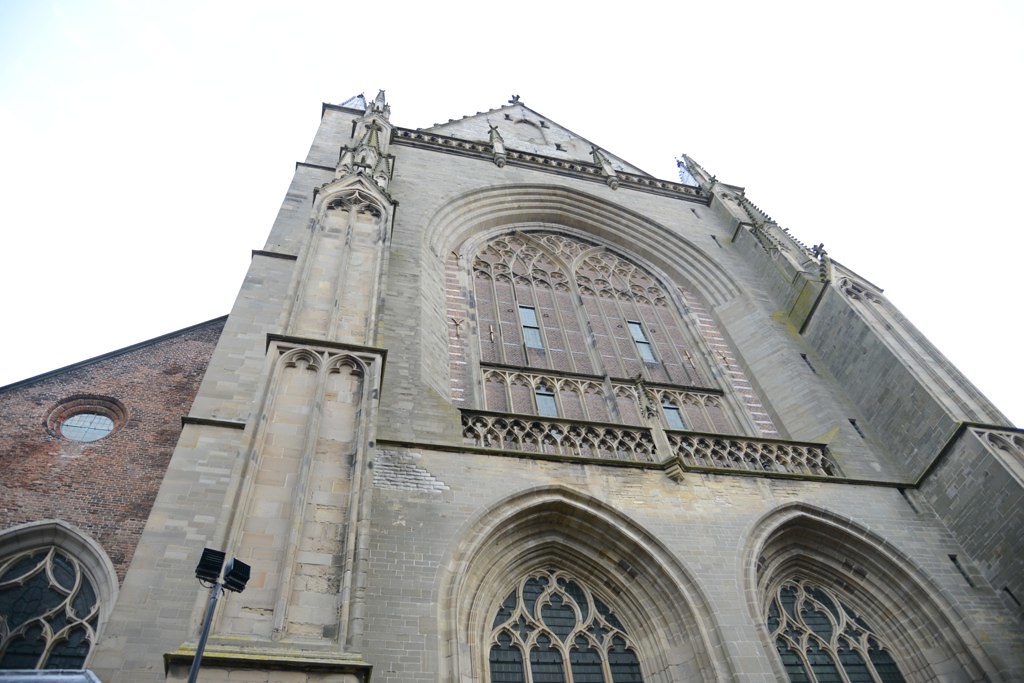
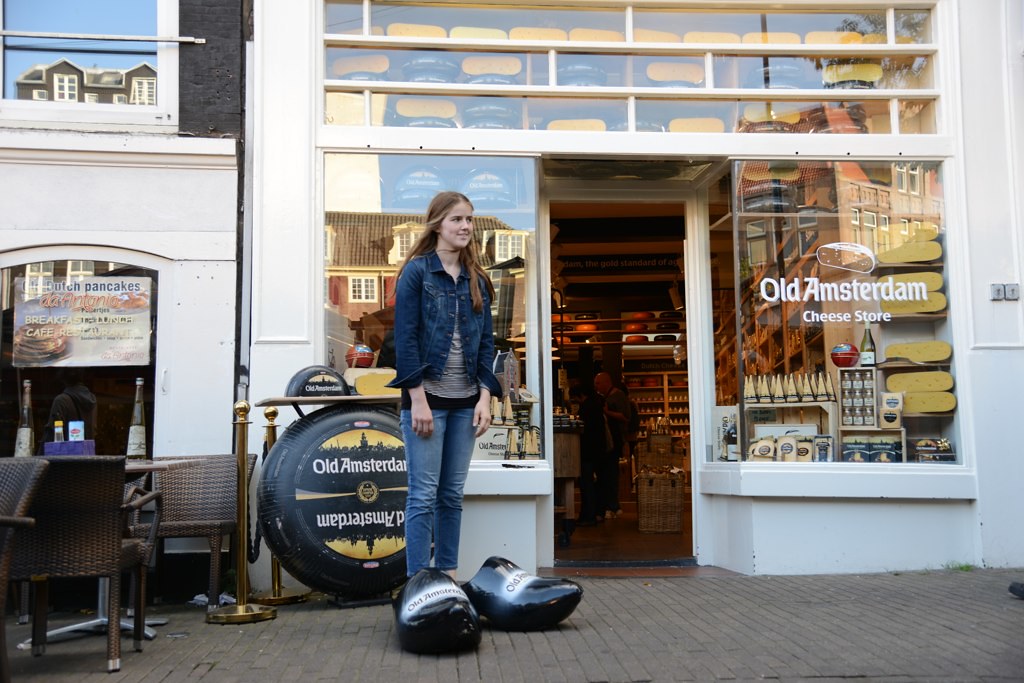
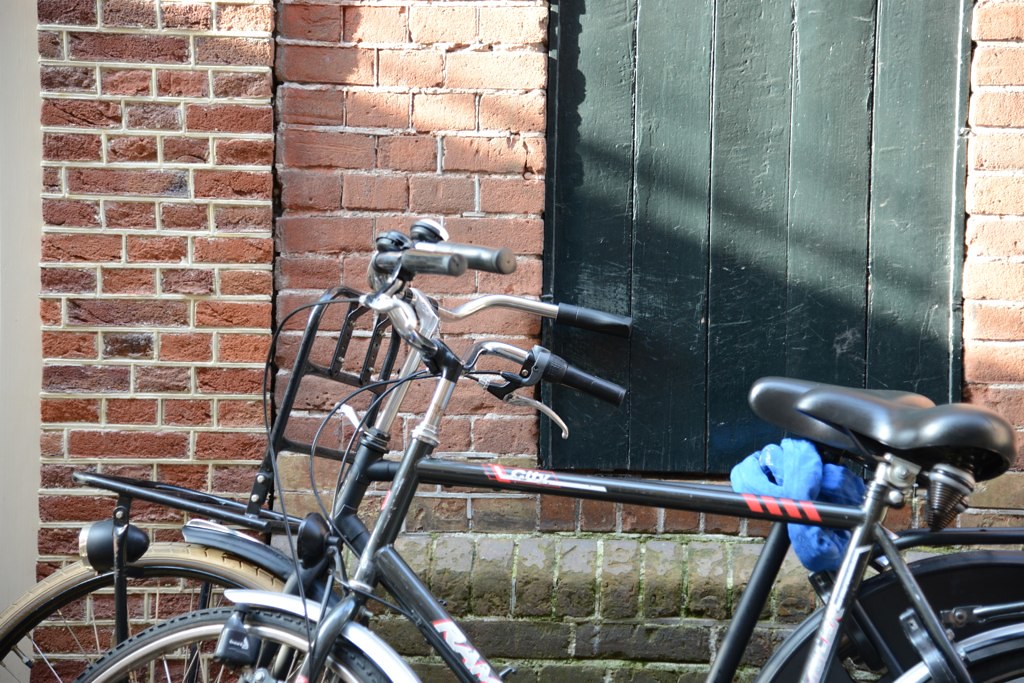
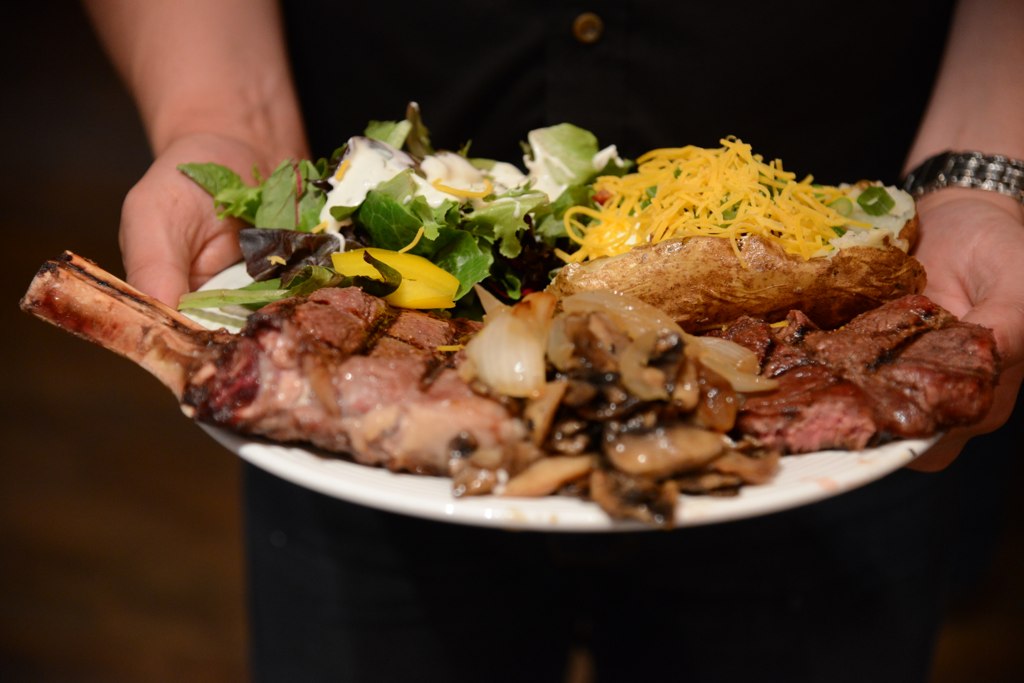

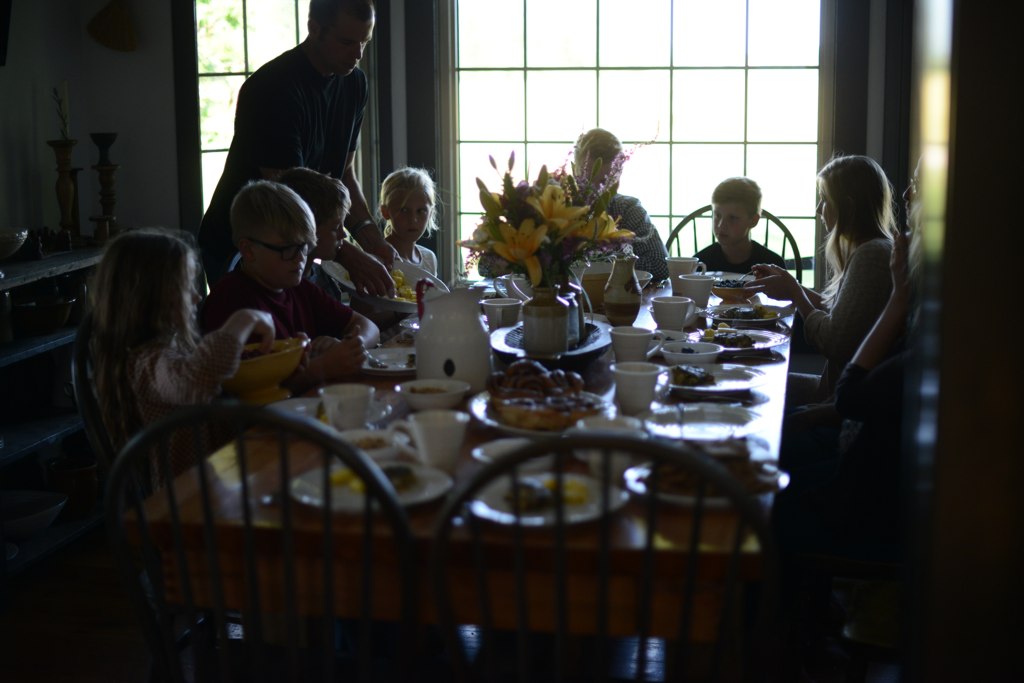
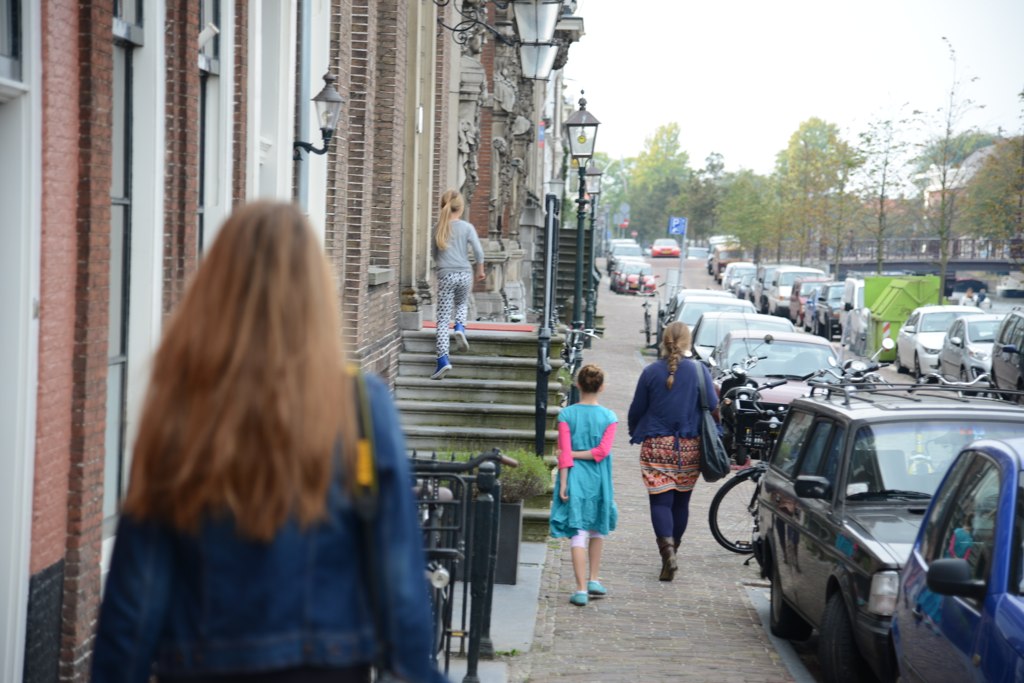
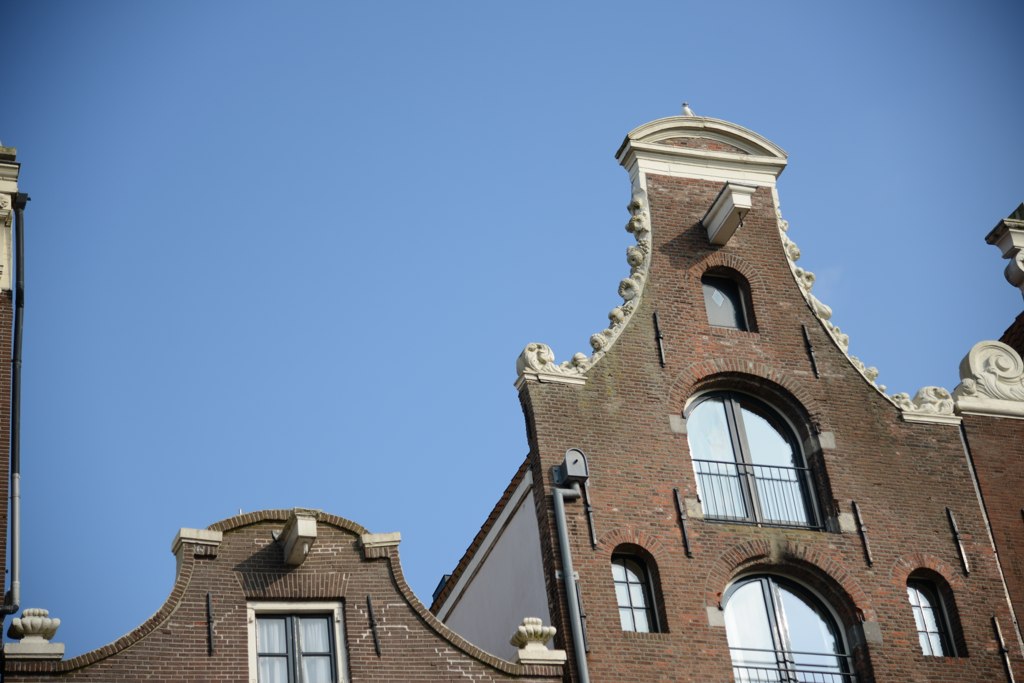

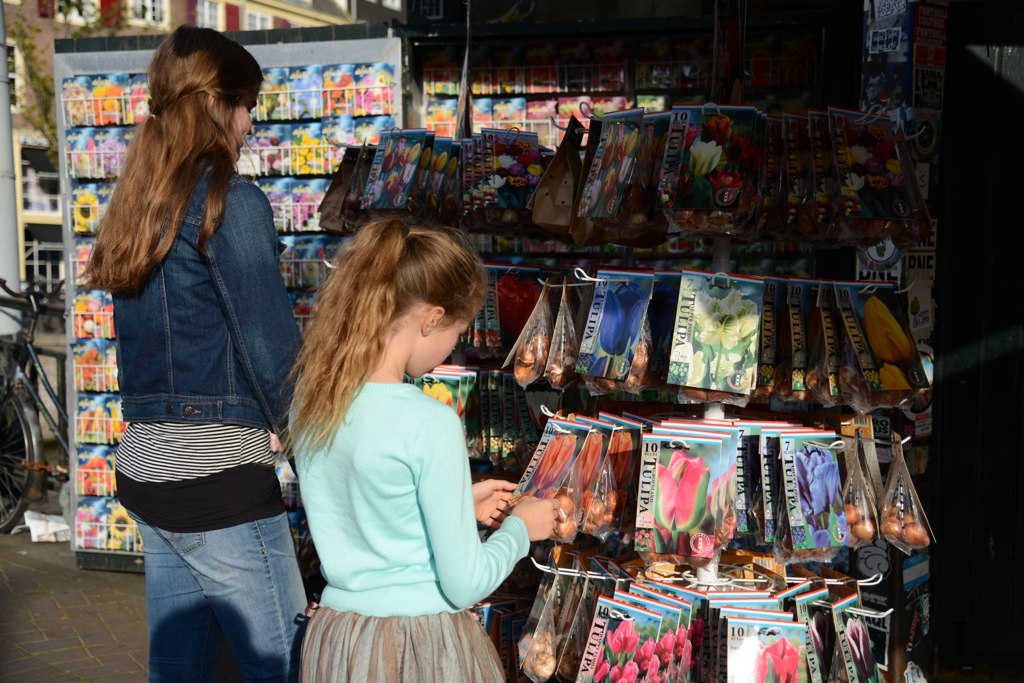
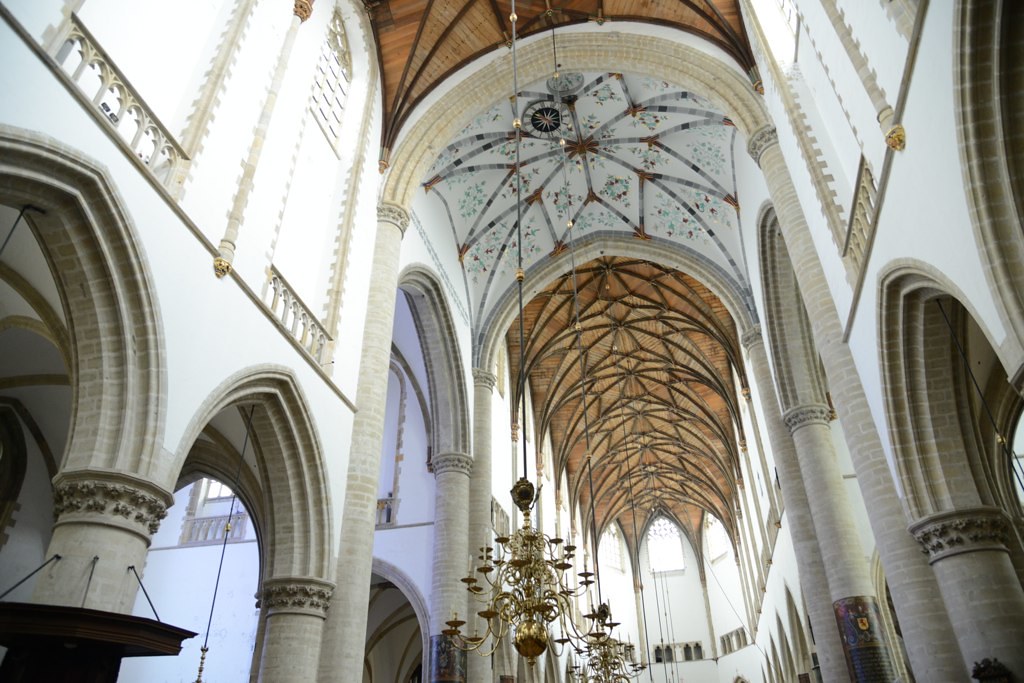

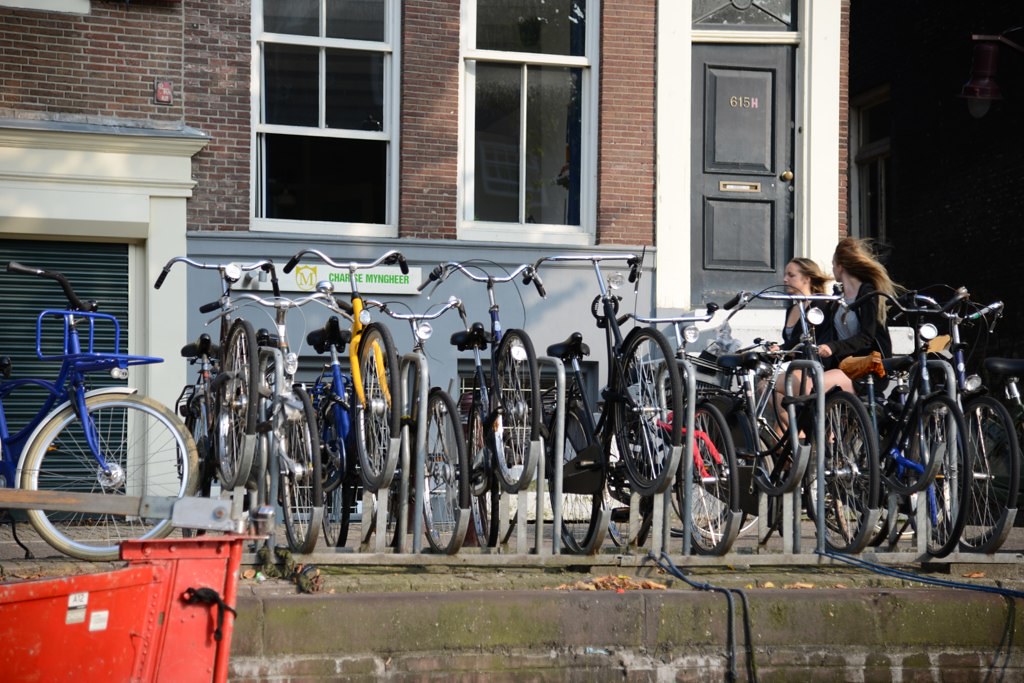
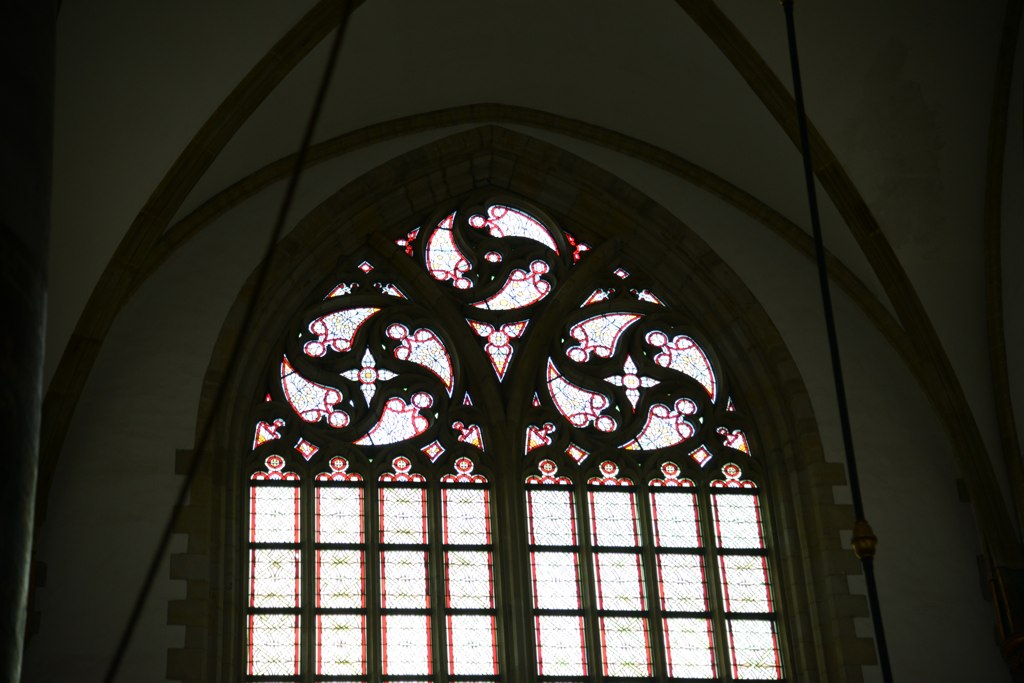
I met with several Christian leaders across the Netherlands—mostly church planters and entrepreneurs motivated by faith to advance the gospel in their city—and learned a lot about engaging post-Christian culture.
In the Netherlands, religion is seen as merely irrelevant tradition. Anyone who takes it too seriously is considered extreme. This has forced the faithful to adopt an almost-forgotten essential of gospel living.
Hospitality.
The church leaders shared stories of how conversations about faith were happening because of hospitality.
Whether hosting refugees passing through from the Middle East or inviting a colleague over for dinner, the themes of welcoming, celebrating, and humanizing the stranger emerged again and again.
In Amsterdam, hospitality is a standout, countercultural idea.
It’s nothing new—actually, it’s quite old, confiscated by modern life when hotels, hospitals, and homeless shelters institutionalized hospitality. (We even have a “hospitality industry.”)
But it’s a clear biblical priority, even mentioned as a spiritual gift.
Perhaps because it’s so rare in our times, welcome beautifully expresses God’s vision for human relationships. In a culture that emphasizes fast meals, online friendships, and casual hook-ups, hospitality is a truly countercultural experience.
Showering tangible love on those we know—and on those we don’t—allows people to experience the love of Jesus in ways they don’t see coming.
Hospitality is good faith in action.
Jesus practiced welcome in ways that confounded the religious.
He ate in the home of a tax collector, fellowshipped with “sinners,” and enjoyed long meals with His disciples. He was so good at showing up at parties that He was accused of being a drunk.
Then Paul took it to a new level.
In his letters, he introduced the concept of “households,” groups of assorted believers in all stages of life, pursuing godly living together.
As Pastor Greg Thompson points out, “Many of us are not used to talking about households. And in Christian theology, while the household includes families, it was never limited to them.
It not only included all who call on the name of Jesus, but those who needed to find shelter within them.”
Open-Door Policy
You may have heard of the reality series Duck Dynasty? Behind the cameras and scripted storylines, Willie and Korie Robertson try to sincerely and authentically model the virtue of hospitality.
Recently my family visited the Robertsons in West Monroe. Everywhere we turned — we heard another story of hospitality.
However they are perceived, what I witnessed in those 24 hours inspired and convicted me.
The web of relationships—family and friends—Willie and Korie have woven is countercultural in the most astonishing, genuine and inviting, way.
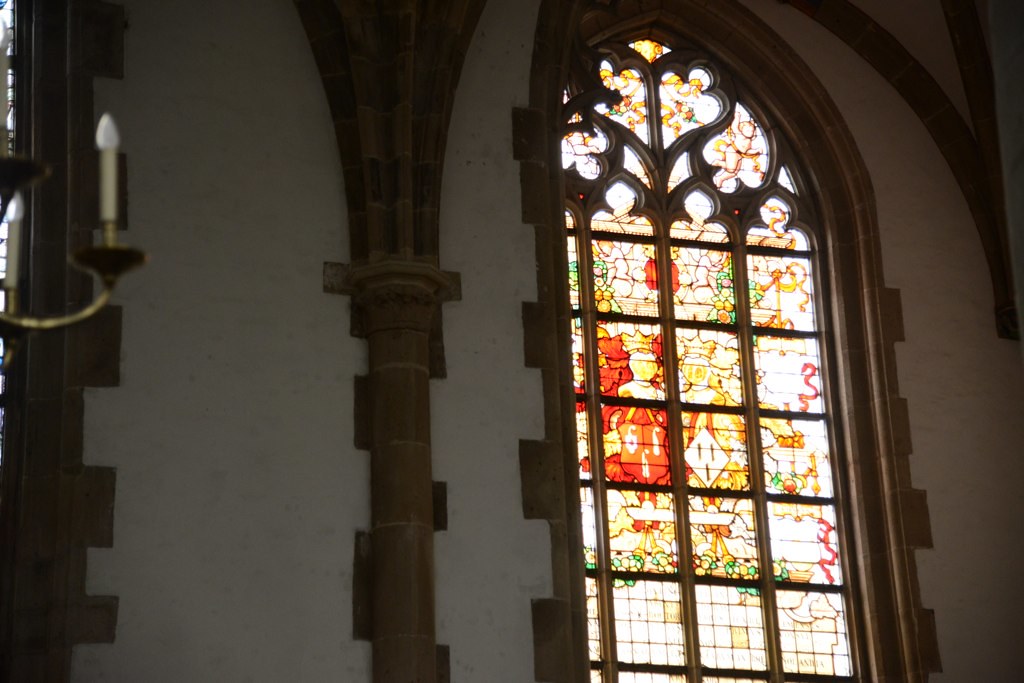


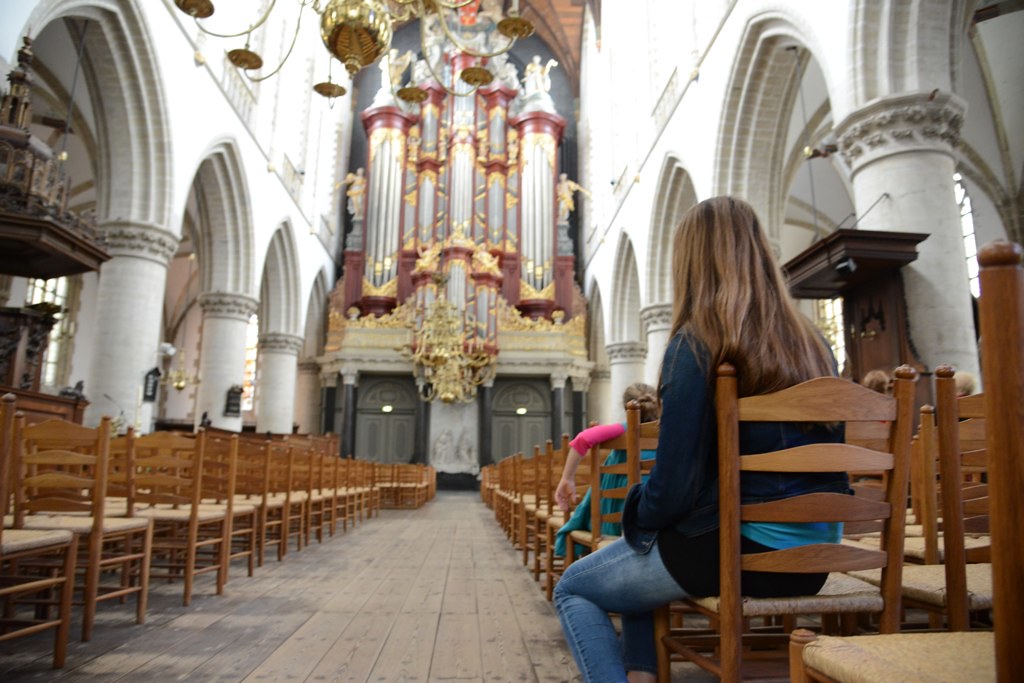



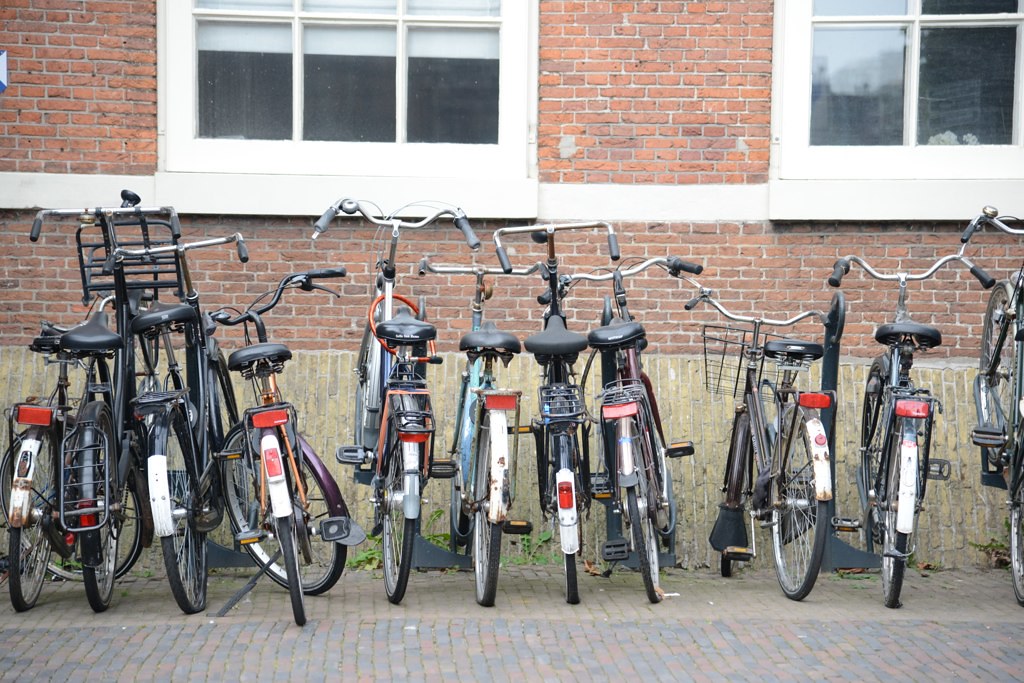
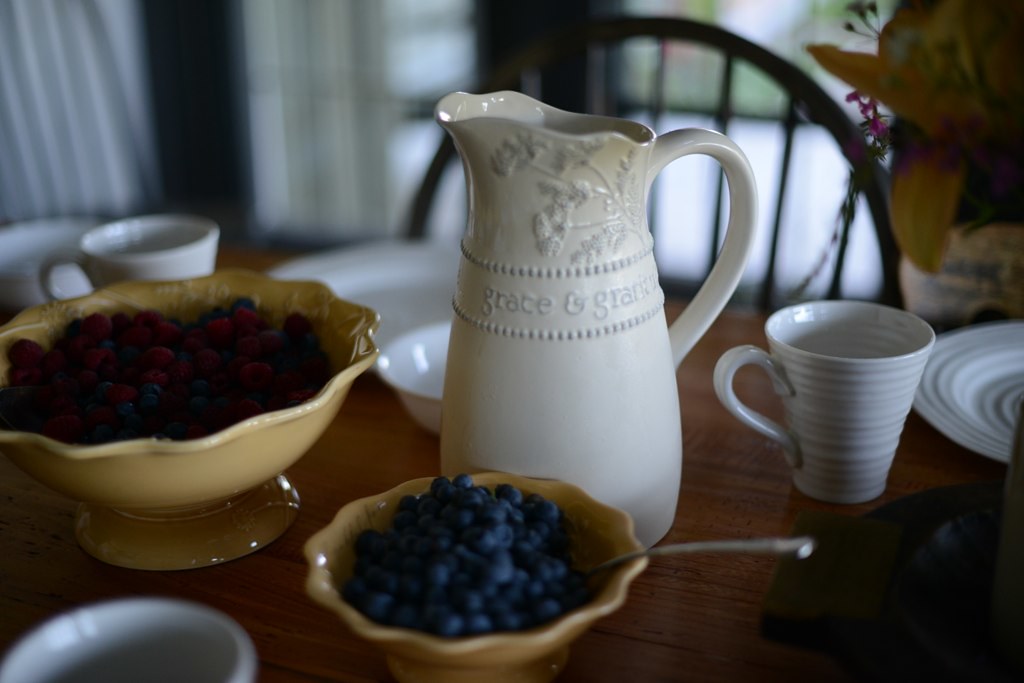


I encountered three unique relationships in West Monroe that offer a vision of what a modern-day “household of faith” could look like.
First, we met Brian, a 26-year-old man who moved to Louisiana to take care of his mom.
When he began looking for a job, he had no luck. He had a criminal record, and employers didn’t think twice about skipping right past his name. Unfortunately, discrimination against former inmates still gets praise in many communities. But Brian was looking for a fresh start and was willing to take any job.
When one of Willie Robertson’s companies, hired him out of hundreds of other applicants, Brian was blown away with gratitude.
The Robertsons didn’t mind his history because they saw his potential. And given the opportunity, he did an outstanding job. He grew in his skills and recently became a manager of another of their businesses.
As we talked Brian said to me, “I love Willie. He saved my life and introduced me to Jesus. I’ll never work for anyone else!”
Then there is Rebecca.
Her friendship with the Robertsons began her junior year of high school when she was a foreign exchange student from Taiwan who came to live with their family. In time, she was fostered and then naturally folded into their family.
Today, at age 27, she helps run a designer fashion boutique and is actively pursuing adoption so she can give to someone else what was given to her.
Third, when Korie recently became aware of a 12-year-old boy who needed a permanent home, she instantly said, “Yes!” With their oldest son heading off to college, her response was, “We have a free room opening up in the house, let’s welcome another family member.”
This is how good faith Christians do family: as a household of faith, with an open-door policy.
You may not think you have the capacity, space, or resources to continually expand your household the way other folks do.
But each of us can invite a new friend or acquaintance over for dinner, go out of our way to support adoptive families, and invest time in the life of a child, teen, or young adult.
You might even consider fostering a child without a permanent home.
Each family has its own unique dynamics, but Christ calls us beyond our fears and desire for comfort to trust Him,
confident that when we welcome the stranger,
we are welcoming Jesus into our midst.
Hospitality creates households of faith —
where every person can belong.
And there is nothing any of us longs for — quite like the best kind of belonging.
how to live Good Faith:
Gabe Lyons is author of unChristian and The Next Christians. He is the founder of Q, a learning community that educates and mobilizes Christians to think well and advance good in society. Called “sophisticated and orthodox” by The New York Times, Q represents the perspective of a new generation of Christians. Gabe speaks on cultural issues where faith intersects public life.
Good Faith: Being a Christian When Society Thinks You’re Irrelevant and Extreme breaks it down: Many Christians today feel overwhelmed as they try to live faithfully in a culture that seems increasingly hostile to their beliefs. Politics, marriage, sexuality, religious freedom–with an ever-growing list of contentious issues, believers find it harder than ever to hold on to their convictions while treating their friends, neighbors, coworkers, and even family members who disagree with respect and compassion. Readers will discover the most significant trends that offer both obstacles and opportunities to God’s people, and how not only to challenge culture but to create and renew it for the common good. Now the bestselling authors of unChristian turn their data-driven insights toward the thorny question of how Christians talk with people they know and love about the most toxic issues of our day. This will be the go-to book for young adult and older believers who don’t want to hide from culture but to engage and restore it. A book I want to hand out to every believer: Cannot recommend the message of this book highly enough. Five star read.








